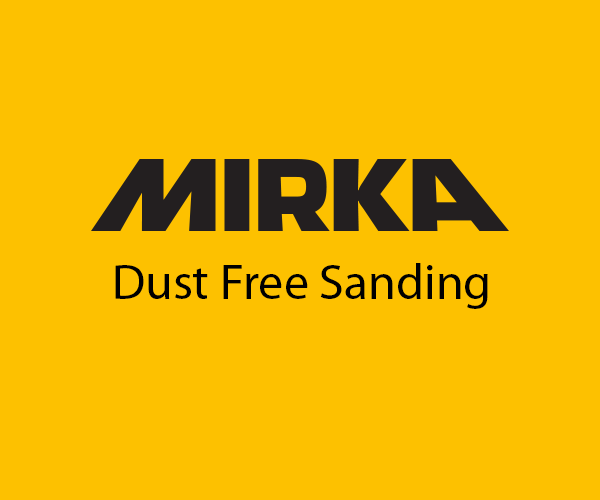A staircase is often the best introduction to a home – if not the first piece of decor that attracts attention as soon as one enters a house. This is why it is essential for manufacturers, architects and designers involved in the production of staircases to pay close attention to every detail, and create a product that is as ‘custom-designed’ as possible and fully reflects a customer’s personality, and their practical and decorative preferences.

In response to these needs, SCM offers an integrated solution for the production of staircases. This involves a cell for the nesting cut, consisting of an automatic Flextore EL magazine integrated with two Accord 30 NST machining centres and a double Celaschi squaring line.
This engineering solution has already been successfully adopted by leading customers in the industry. It automates the machining process, increasing the quality and production capacity – which that can mean that 60 staircases, each with with 16 steps and landings, can be completed in a single eight-hour shift.

In addition, the entire system is designed to be subjugated, on the customer’s request, to an articulated robot positioned on a ‘seventh axis’, which increases the operating range to complement the integration of the two cells, automatically managing the nesting machine unloading and loading onto the Celaschi line, without the intervention of an operator.
The engineering project in detail
___________________________________
Nesting cell
Starting with the unfinished panel, the stair strings, landings, risers and treads are produced. This SCM solution is ideal for optimising and simplifying made-to-order productions because it handles both uniform and mixed stacks, consisting of panels of different sizes and colours, and unfinished panels and/or with a minimum thickness of no more than 3mm, depending on the material.
The core of the cell is the three-axis Flexstore EL automatic magazine, which guarantees a considerable increase in productivity and a significant reduction in the cost of running the raw materials magazine.

The Maestro Active Store software plays a dual role of man-machine interface for the Flexstore automatic storage, as well as acting as supervisor to the cutting cell, allowing control to be centralised and simplified.
Furthermore, automatic panel labelling is done in this area, in accordance with the cutting diagram subsequently carried out by the operating machines. This operation is extremely important, as it means the panel can be constantly tracked during the integrated automatic processes, and the work programs associated with each element can be called up at later stages in the machining process.
Of the two Accord 30 NST machining centres, the first one is mainly used to manufacture the risers and steps, while the second is used for the stair strings on the staircases and landings. By maintaining the manual loading function, special one-off pieces can also be machined.
The main advantages of this solution are high-powered routing and intelligent programming, thanks to the Maestro software suite. This results in impressive performance in terms of speed, as well as quality and implementation accuracy.
The main advantage of the cell lies in its modularity and scalability – indeed, even though each of the two machining centres are assigned to specific machining jobs, just one of them can be used if there is a reduced production capacity requirement. Equally, if there is a fault on one of the two machining centres, this solution ensures that production does not stop completely but that it continues on the other one.

Celaschi double squaring line
This line allows customers to trim lengthways and outline the risers and treads previously created. It consists of a manually powered automatic loading system, a longitudinal Celaschi P60 double squaring machine for profiling the long sides, a Celaschi TR 90 automatic transport system, a second transversal Celaschi P60 to trim and square the short sides, and unloading rollers.
The contribution from Maestro Active Watch software is also important for the supervision and control of the entire squaring line, which means program management can be optimised and simplified – as well as the worklists, machining commands and parameters, the process implementation, and all the work involved in diagnostics.








